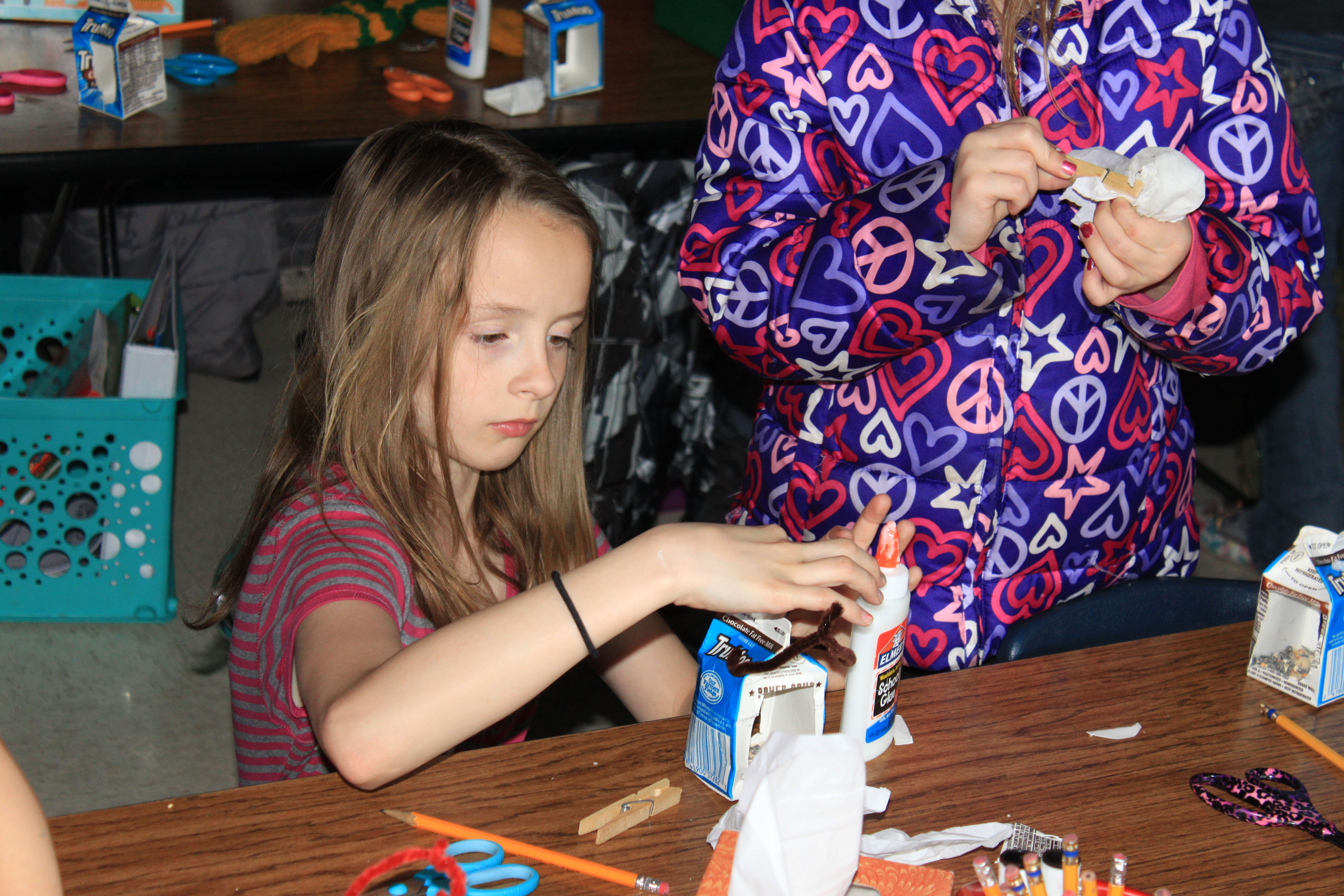Is Wisconsin moving backward in recycling?

Wisconsin News Connection and
Jared Raney
Star Journal Reporter
All four of the state’s professional recycling organizations have come out strongly against proposed cuts of more than $4 million in financial assistance to local governments in the state’s budget.
Supporters of the cuts say local governments can pick up the slack and that the cuts are not that large. However, the recycling groups say the proposed cuts represent a cumulative reduction of greater than 50 percent in just five years’ time, and that it’s too big a hit.
“Unfortunately this is going to affect our business here too,” said Brian Dutcher, Oneida County’s solid waste patrol superintendent, of the local effects. “A portion of that [money] goes down to townships within the program… the towns rely on that money. It’s kind of a domino effect.”
Meleesa Johnson, president of Associated Recyclers of Wisconsin, said these cuts are not supported by the taxpayers of the state, who she said are avid recyclers.
“Absolutely,” she said. “Wherever I go in the state people very willingly share, ‘We’re big recyclers at our house, I recycle everywhere I go’. I even get people saying stuff like ‘I was at an event and I carried my empty bottle around until I got home so I could recycle it.’”
A Wisconsin Department of Natural Resources survey showed 85 percent of Wisconsinites actively support recycling efforts.
In addition, recycling programs provide a large number of jobs within the state.
“The recycling industry is huge in this state,” Dutcher said. “I think unfortunately what you’re going to see is some layoffs, job cuts and cutbacks.”
Johnson, director of the Marathon County Solid Waste Program, said the source of the money that goes to help local government recycling programs is not tax dollars but user fees assessed at Wisconsin landfills. She is particularly disturbed about proposed cuts to a University of Wisconsin Extension program.
“The Solid and Hazardous Waste Education Center has helped businesses. It’s helped our solid-waste organizations do better work. It helps the common citizen. It helps Wisconsin learn about best practices in recycling, best practices in waste reduction,” she said. “It does an enormous amount of outreach for businesses.”
Calling the proposed cuts a big step backward for Wisconsin, Johnson said what may seem like small cuts add up to a large problem for Wisconsin municipalities.
“They’ll be faced with trying to make budgets that are already a challenge, of many other things going on in the state budget that will impact local governments, and this is just one more,” she said. “I don’t know how all jurisdictions are going to manage that, but it’s just one more hit.”
“A big fear is that people won’t participate [if the programs go downhill]” Dutcher said. “I think you’ll see more trash getting thrown into the woods and things like that.”
The proposed legislation is AB-21 and SB-21.
Leave a reply
You must be logged in to post a comment.





